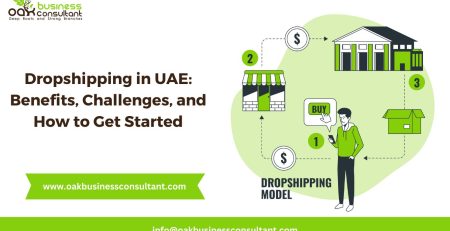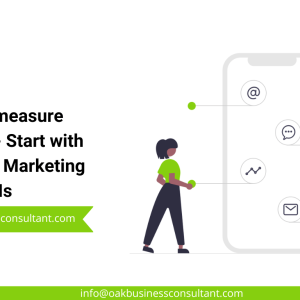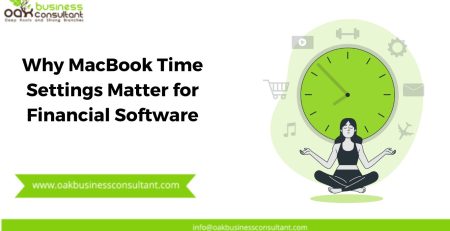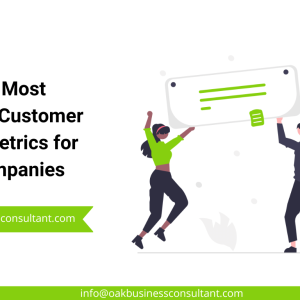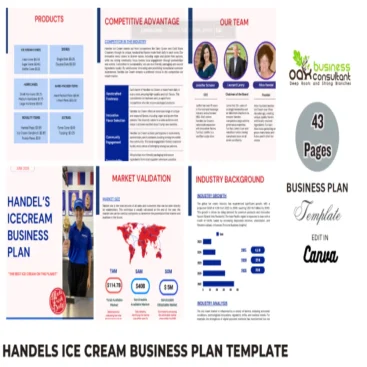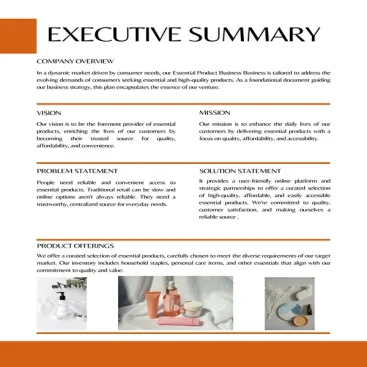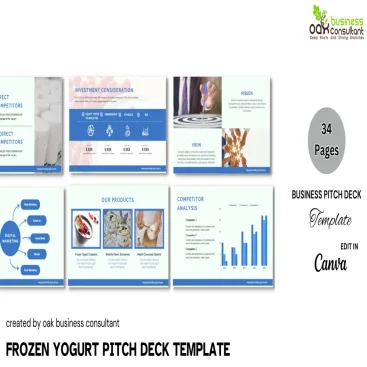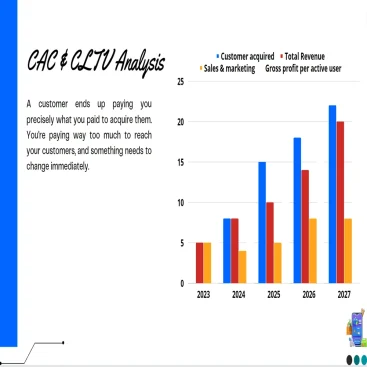Top Seven Priorities for Retail CFOs
Top Seven Priorities for Retail CFOs
Retail CFOs oversee an organization’s financial operations, including accounting, financial reporting, tax, treasury and business control. They manage all the aspects of financial matters and decision-making.
Over the last few decades, the priorities for retail CFOs have undergone a profound shift. The historical tasks of the finance function, such as bookkeeping, financial reporting, financial analysis and statutory compliance, continue to be essential but are now transformed with technology. Today CFOs for retail businesses must be able to take financial data and use it to influence operational decision-making and business strategy.
The role of the CFO for retail business remains under greater scrutiny, internally and externally. They face never-ending pressure to cut costs, grow revenue, and ensure control. In addition, economic uncertainty, increased regulatory requirements, financial restatements, and increased investor scrutiny have forced them into the spotlight. This article will discuss the top seven priorities for retail CFOs.

Bookkeeping and Financial Management
Retail CFOs must ensure that the company’s financial records are accurate. The CFO is in charge of preserving the accuracy of the books, securities, money, and other pertinent documents. They must be aware of all financial resources of the retail industry and their uses. They are in charge of keeping track of and distributing the company’s securities and funds. The CFO also has the power to establish accounting rules for making purchases, paying bills, and other financial operations. As a result, one of the most important duties of a CFO is to document and monitor the movement of cash.
Retail CFOs oversee the financial budgeting process, gather feedback from the firm’s leaders, limit corporate spending, and ensure the company remains as far away from financial difficulties as possible. In addition, the CFO must supervise all procedures for managing corporate finances, raising capital, and carrying out investment strategies.
Data Analysis and Forecasting
Retail CFOs oversee and manage a company’s future financial goals and its current financial performance. In order for the business to avoid traps and make wise investments that will result in higher returns and profits. In addition, a CFO for a retail business must evaluate data, spot trends, and anticipate the necessary financial facts and statistics.
Priorities for retail CFOs include determining which goods are most important to the bottom line, which products should be phased out, and when the company’s financial situation permits the creation of a new product. In addition, the best market and economic scenarios that will contribute to the success of the firm are predicted through financial forecasting and modelling, which is another aspect of this function.
Financial Information & Reporting
The CFO informs the board of directors, shareholders, and other financial stakeholders about the company’s financial status. In order to make judgments and carry out other corporate responsibilities, several other departments of the retail business depend on the integrity and accuracy of the data and information given by retail CFOs. The weight of this obligation is enormous since it has an impact on the present and long-term performance, expansion, and development of the business.
The retail CFO ensures that the company’s policies, processes, and practices adhere to the standards imposed by regulatory agencies and outside financial auditors. Compared to privately owned retail businesses, publicly held retail businesses have more significant compliance challenges, and the CFO is crucial in addressing these difficulties. Retail CFOs must be aware of all corporate legal requirements, including tax responsibilities, written agreements, and concealed liabilities. The fact that they are in charge of upholding the company’s external relationships with investors and other parties makes them the financial face of the organization.
Accelerate Transformation
The great majority of CFOs are making investments in analytics and cloud technology to promote growth. Alongside the CEO, retail CFOs should take the lead in articulating the company’s cloud technology narrative. Additionally, finance executives may identify capital commitments supporting long-term growth strategy.
Long-term plans for exploiting and safeguarding data necessitate increasing digitalisation in light of the growing emphasis on business process standardisation. Advanced analytics, artificial intelligence apps, and cloud computing—the foundation of cutting-edge financial tools—are required for enterprise digital transformation. In addition, as human functions and technology merge, retail CFOs may now need to budget for the cost of digital assets, as well as digital upskilling and mentorship.
Managing Supply Chain Issues
The epidemic has made it difficult for businesses to resume normal supply and demand. In addition to shifting customer needs, supply chains are increasingly impacted by geopolitical unrest and lockdowns worldwide. Addressing and improving shattered supply networks is another significant task for retail CFOs. Success requires the development of self-sufficient supply chain ecosystems from linear supply networks. Retail CFOs can avoid future interruptions by diversifying the supply chain, using nearby suppliers instead, and accumulating inventories as a stopgap.
Businesses may look to supply chain financing as a method of assisting supply chain partners and fostering these relationships in order to promote timely deliveries and promises to sustain supply levels. Therefore, priorities for retail CFOs should include just-in-time and lean business efforts to maintain large stocks and resist supply chain delays.
Retail CFOs should be wise to review their supply chain’s risks and build up inventories in higher-risk sectors. Moreover, this adjustment’s timing may coincide with an increase in inflation worldwide, further demonstrating the logic of storing stocks earlier and higher.
Strategy Planning and Managing Financial Operation
As a company’s senior management team member, the CFO must also actively participate in matters of a company. It covers all financial operations management, including treasury, tax, legal, human resources, accounting, and investor interactions. The retail CFO must also oversee all externally contracted financing activities and manage the best practices for enhancing current operational procedures. In order to maintain cost-effectiveness, retail CFOs must also supervise and analyse employee incentive and benefit schemes.
CFOs must support tactical activities, direct financial planning, and develop financial and tax strategies. Moreover, they must monitor insurance coverage, report risk concerns, comprehend the company’s risk profile, and minimise all financial risks. In addition, the CFO for retail business must build and execute trustworthy systems for financial operations and control, as well as look into the auditors’ conclusions and recommendations.
Work as a Steward, Operator, Strategist and Catalyst
Retail CFOs sit down at the strategy planning table and participate in determining the company’s future course. They play a crucial role in supplying financial leadership and coordinating business and financial strategy in order to expand the company. In addition, they might be crucial in supporting other long-term investments of the firm, in addition to capital market financing plans.
Retail CFOs are responsible for operating a successful finance department that offers a wide range of services to the company, including tax, treasury, as well as financial planning and analysis. CFOs are responsible for safeguarding the company’s most important assets and communicating value and risk problems to the board of directors and investors. In addition, they can influence some business improvement projects with their purchasing power, such as better enterprise cost reduction, procurement, price execution, and other process changes and innovations that benefit the firm.
Final Thoughts
Priorities for retail CFOs are evolving with the diversification and the transformation of technology in the retail industry. Moreover, CFOs may face a year or more of unprecedented supply chain uncertainty, staffing challenges and technology investment. However, the opportunities to drive efficiency and performance improvement through investment in people, processes and technology to meet these challenges make it a very exciting time.
OAK Business Consultant offers expert and affordable CFO services for retail businesses. We are experts in financial strategy, analysis, optimising systems, and maximising profits. Whether you are facing an existing challenge, such as cash flow problems, sustaining growth, or looking to achieve a goal, such as raising investment or accelerating growth, our CFOs can help.
Contact us today to learn more about our financial services.





